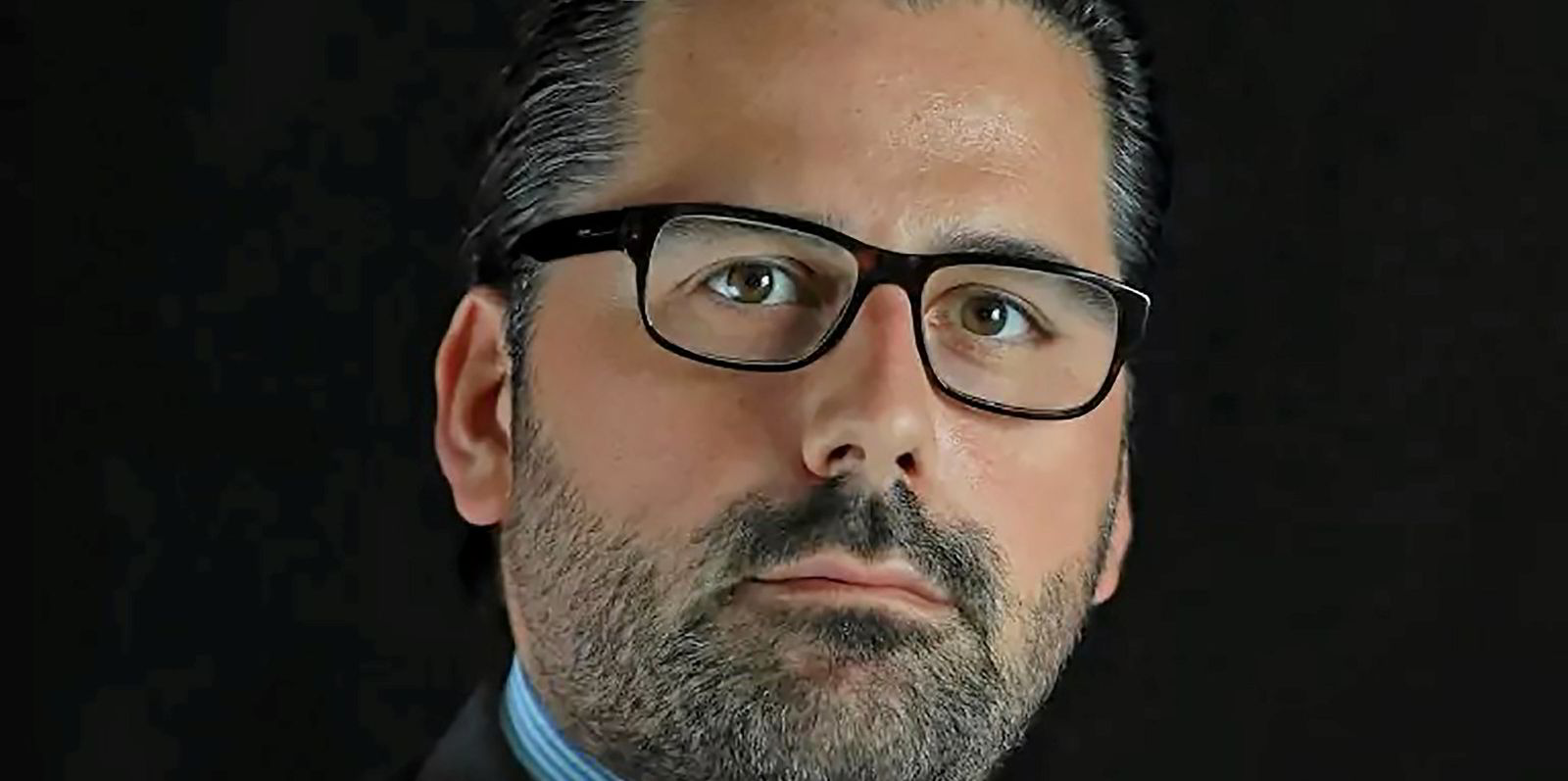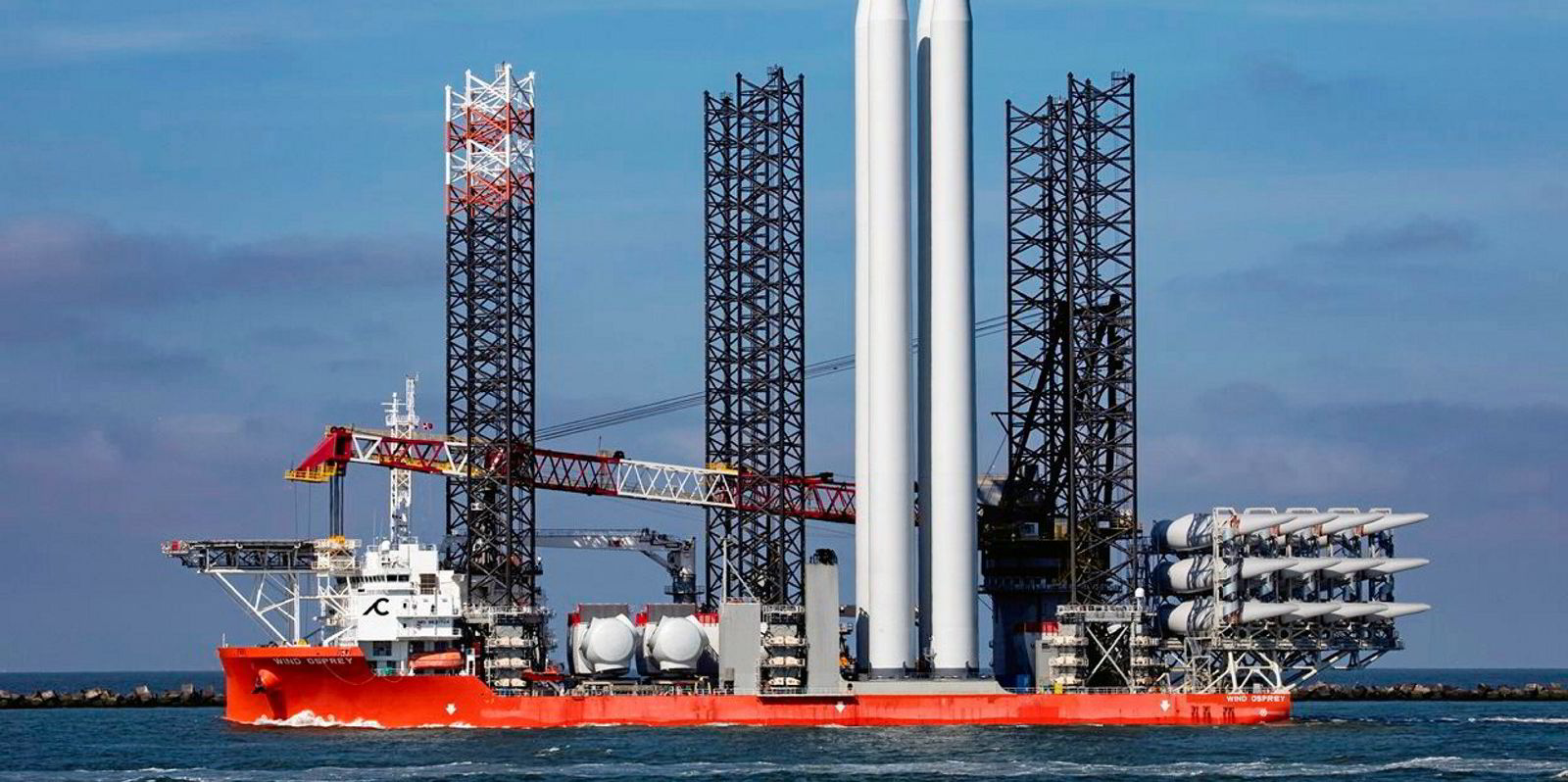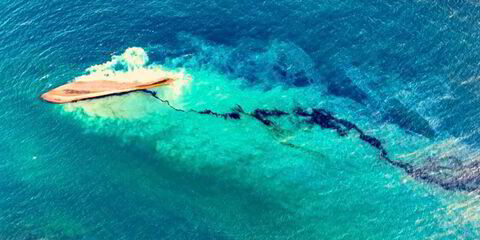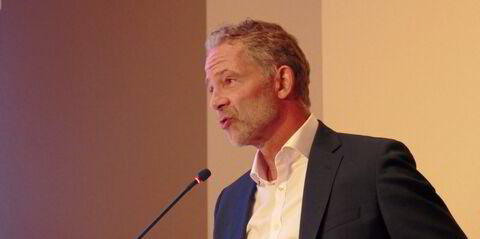New York-listed Eneti has shed its last connections to the offshore oil-and-gas business with sale of three smaller vessels that were sometimes used to serve that sector.
Eneti has sold the three NG 2500 units – Seajacks Hydra, Seajacks Leviathan and Seajacks Kraken – to an unidentified Middle Eastern buyer for about $70m, the wind player said in announcing second-quarter earnings on Tuesday.
The sales will net about $57m after bank debt is repaid.
The disposals had been expected, as Eneti has said for months that the units were non-core to its fleet of wind turbine installation vessels (WTIVs) and designated for sale.
Still, the sales price came as somewhat of a disappointment to at least one equity analyst who had been following the process, Ben Nolan of Stifel.
“[The price] is substantially less than we had modelled ($150m),” Nolan told clients in a research note.
Eneti chief executive Emanuele Lauro told analysts on an earnings call on Tuesday that while the NG 2500s sometimes provide maintenance to offshore wind farms, they also frequently serve oil and gas installations, and now Eneti has a clean break from that sector.
“There were a number of interested buyers over the past month, some at higher numbers and some lower,” Lauro told analysts.
“It was difficult to gauge how many of them were really interested in a volatile market. We’ve taken the decision to pull the trigger with the buyer who we thought was the most reliable out there.”
The buyer requested to remain anonymous but is “a very well-established Middle Eastern buyer with decades of experience in this segment,” Lauro said.
On the earnings front, Eneti – backed by the private Scorpio Group and formerly called Scorpio Bulkers – was able to turn a second-quarter profit of $2.8m or $0.08 per share. Stifel said this was a penny better than the consensus forecast of equity analysts.
Net time charter equivalent (TCE) revenue of $38.8m and adjusted Ebitda of $9.35m were almost exactly in line with the analyst bets.
Eneti management, which is working to conclude a previously announced merger with Oslo-listed wind player Cadeler, faced some questions about the sector’s viability in the face of delays or cancellations of three offshore wind projects in the US. Executives effectively shrugged that off.
“I think it’s a growing industry,” said Sebastian Brooke, CEO of Eneti’s Seajacks unit.
“We had similar issues in the early days in Europe. We were always aware that the timeline was aggressive. While there will continue to be short-term headaches, I don’t think they will have a meaningful effect on the company. I see the overall dynamics of the industry remaining robust.”
Read more
- When it comes to finance, there are two different views of ‘offshore’ energy
- Eneti shares climb as investors digest details of merger with Cadeler
- Cadeler’s Mikkel Gleerup ‘humbled’, ‘happy’ and ready to give it his all in wake of Eneti merger
- ‘Good sense’: Cadeler and Eneti shareholder J Lauritzen backs merger
- Bosses eye savings of $116m per year from Cadeler and Eneti merger




